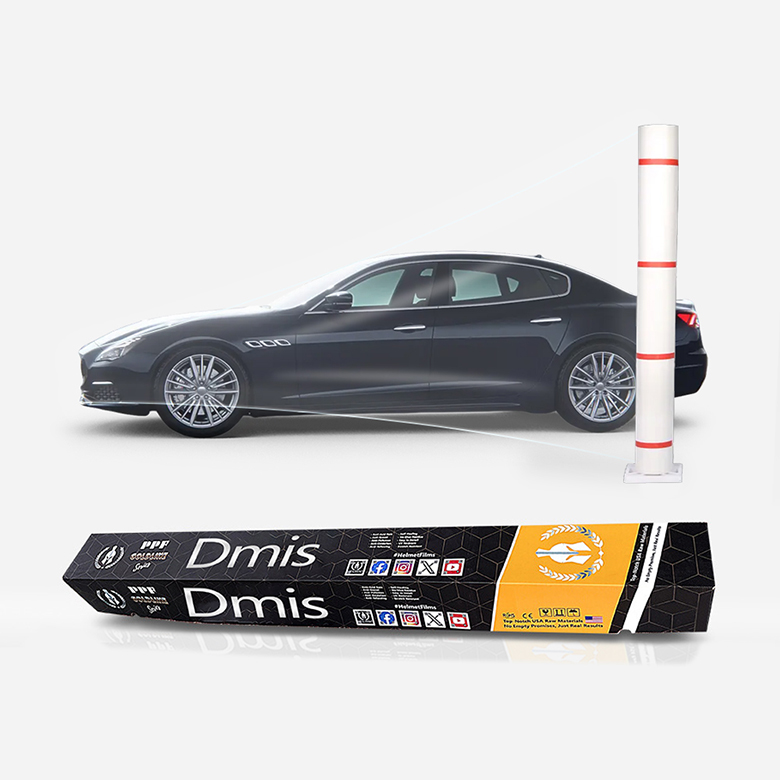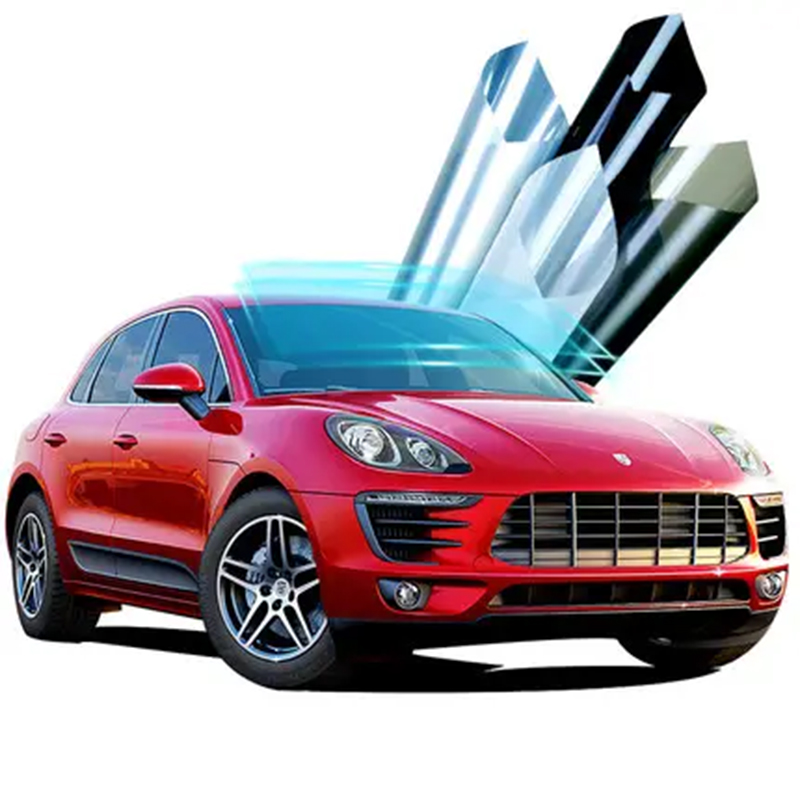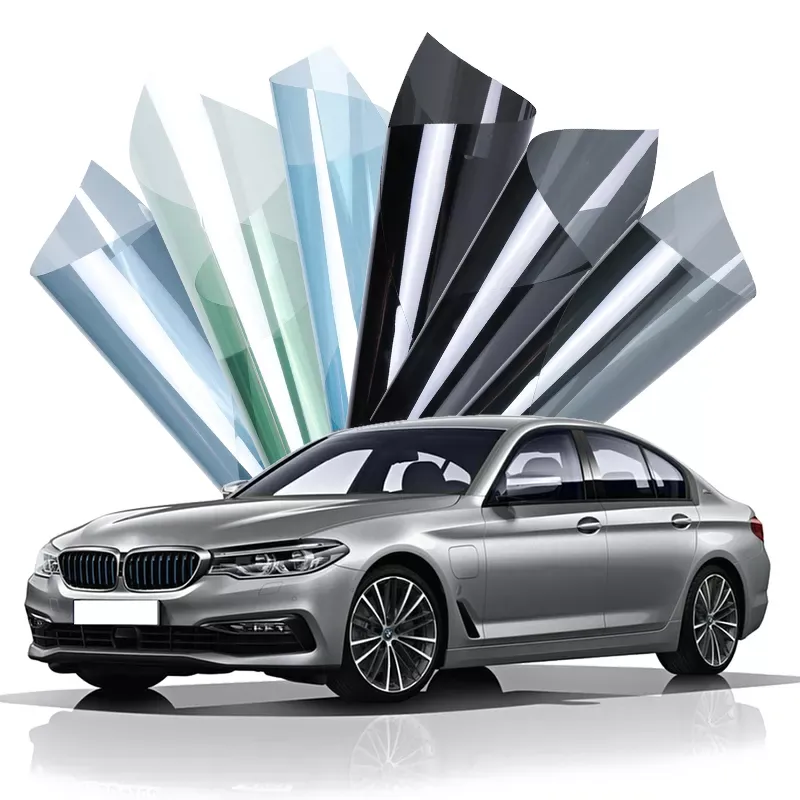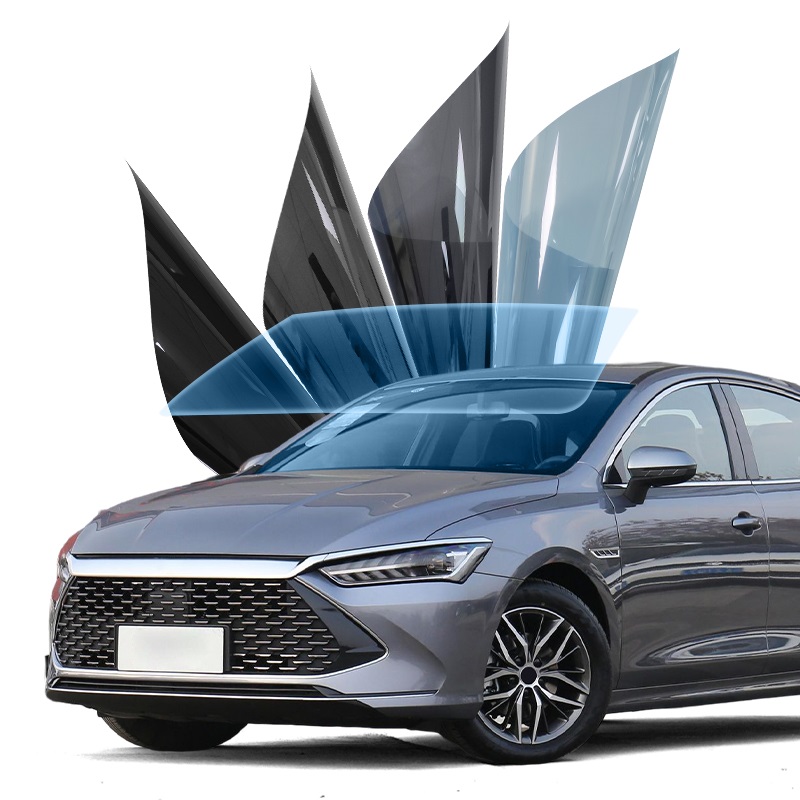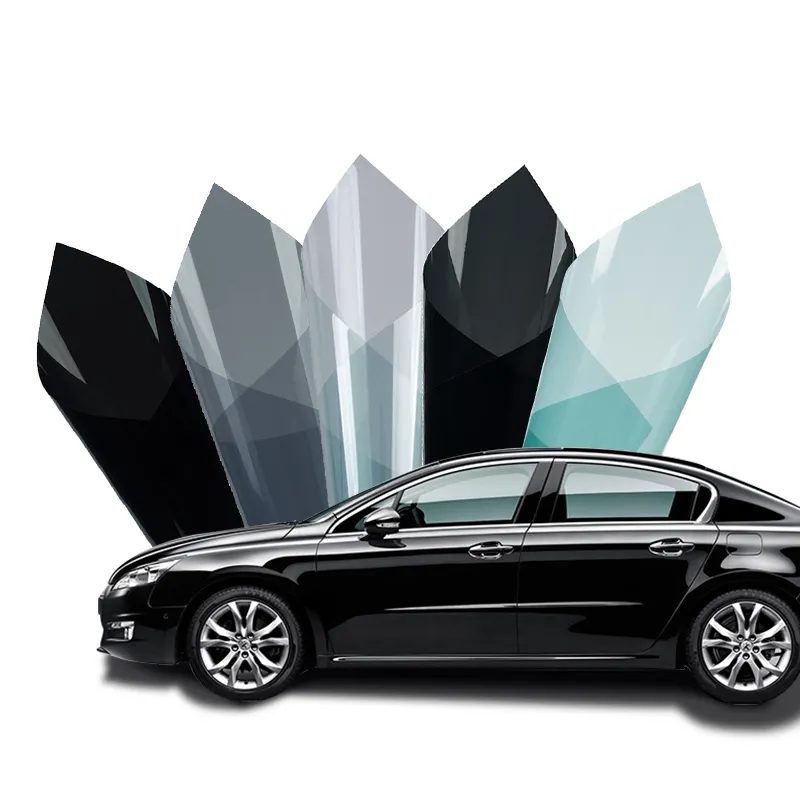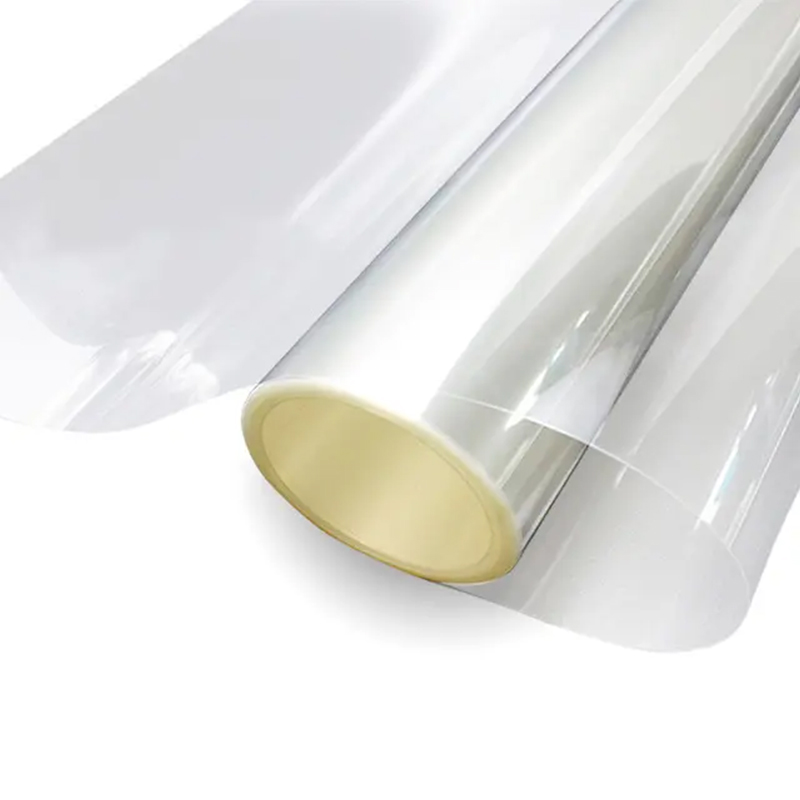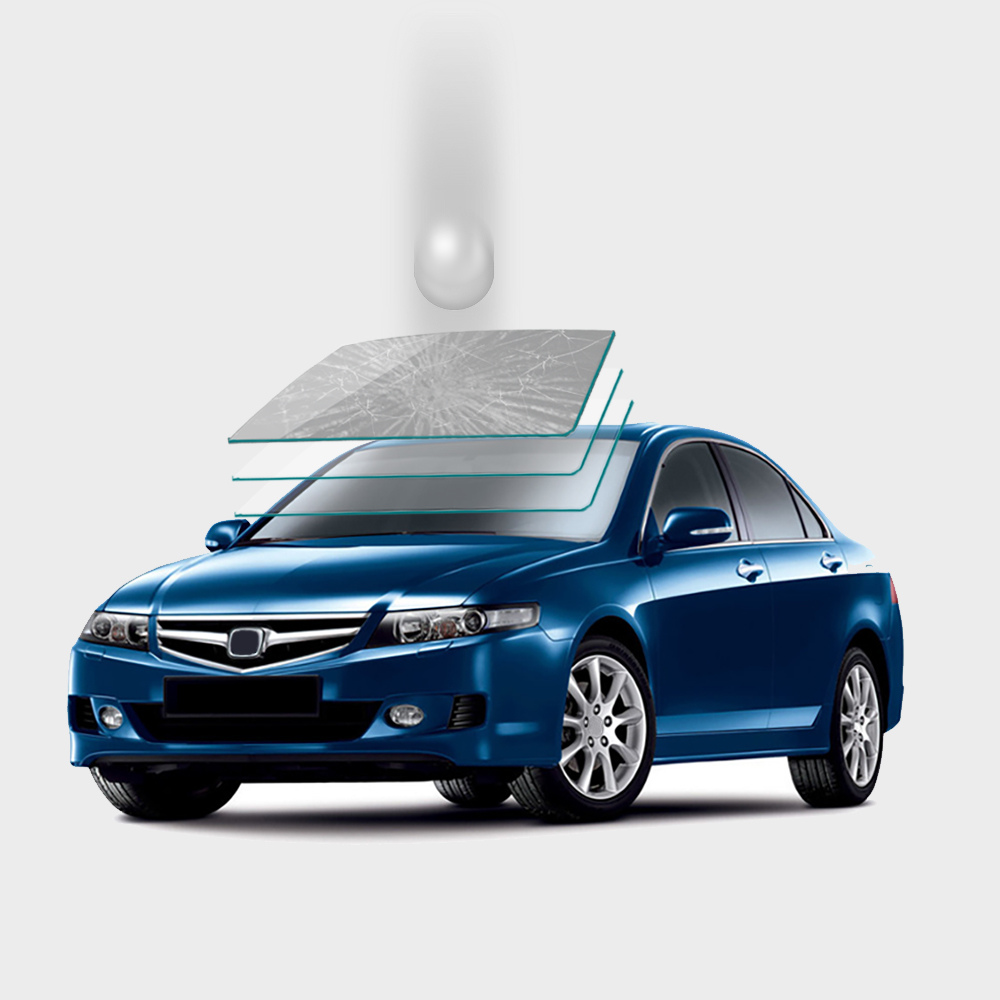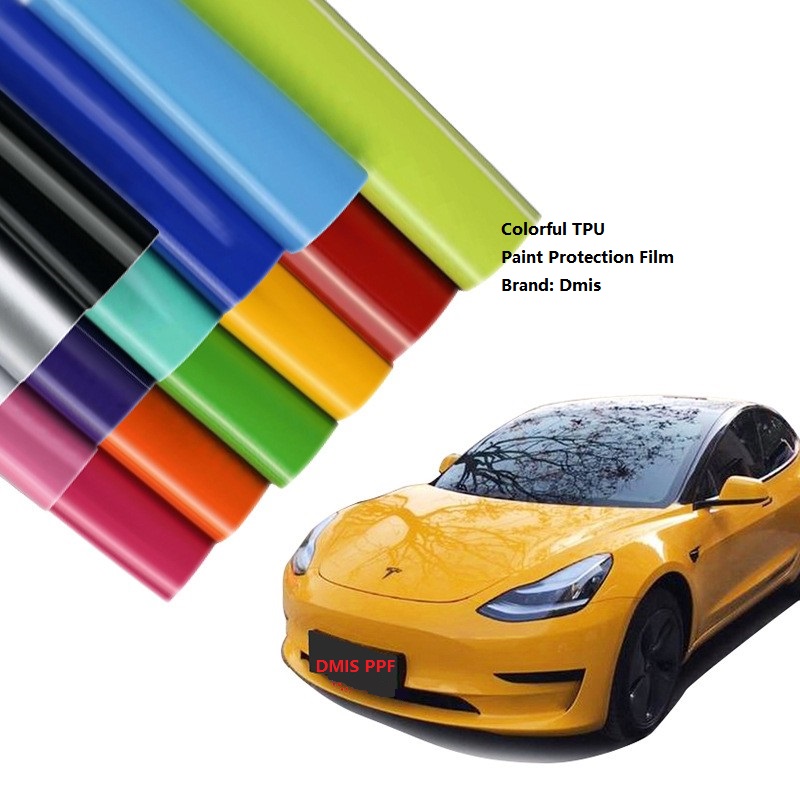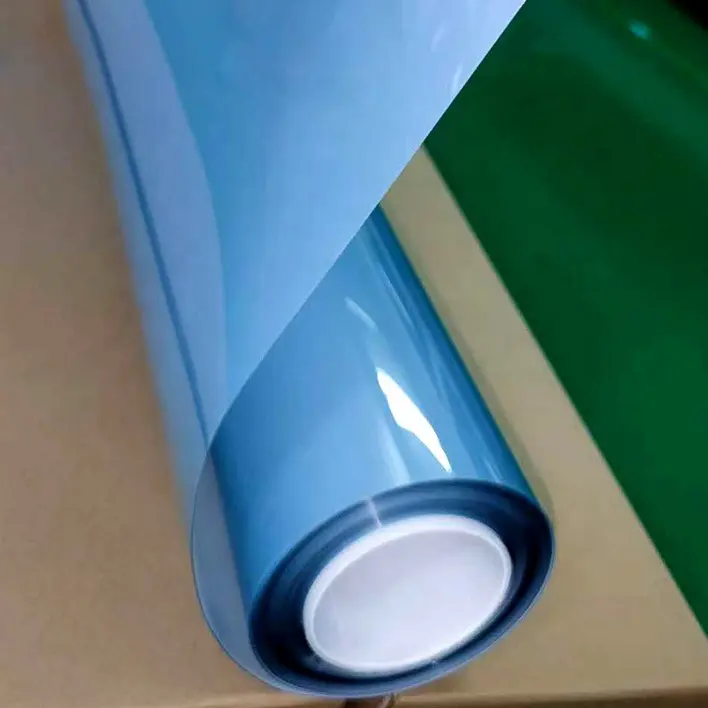Can car window film effectively insulate heat?
Window film, especially car window film and car heat insulation window film, has attracted much attention in the auto parts market in recent years. One of the main functions of car window film is heat insulation, but whether its effect can really significantly improve the comfort of the car and reduce energy consumption is also a concern for many car owners. This article will discuss the heat insulation effect of car window film in detail, including its working principle, performance, different types of heat insulation film, and the effect in actual application.
1. Heat insulation principle of car window film
The heat insulation effect of car window film mainly depends on the material and technology of the film. Generally speaking, car window film achieves heat insulation in the following ways:
1. Reflecting sunlight: Some car window films reduce the amount of heat entering the car by reflecting the heat from the sunlight. This film usually contains metal particles that can reflect most of the infrared and solar radiation, thereby reducing the temperature inside the car.
2. Absorbing heat: Some car window films reduce the temperature inside the car by absorbing and converting heat. The material of the film can absorb some of the heat and convert it into other forms of energy, thereby reducing the amount of heat conducted into the car.
3. Block infrared rays: High-performance thermal insulation films (such as ceramic films) can effectively block infrared rays, which is one of the main sources of heat. By blocking infrared rays, car window films can reduce the temperature rise in the car.
4. Reduce ultraviolet radiation: Although ultraviolet (UV) radiation mainly affects the fading of skin and car interior decoration, some high-quality thermal insulation films can also effectively block ultraviolet rays, thereby indirectly reducing heat accumulation.
2. Types of car window films and their thermal insulation properties
Different types of car window films have different performances in thermal insulation effects. Choosing the right car window film requires understanding the characteristics of each film and its thermal insulation properties.
1. Dyed Film
Features: Dyed film achieves a shading effect by embedding dyes into the film. Although it can reduce direct sunlight in the car, its thermal insulation effect is relatively limited.
hermal insulation effect: Dyed film has low thermal insulation performance and is mainly suitable for reducing light intensity and improving privacy protection.
2. Metalized Film
Features: Metalized films contain metal particles that reflect sunlight and infrared rays, thereby improving the heat insulation effect.
Heat insulation effect: Metallic films have good heat insulation performance and can significantly reduce heat accumulation in the car. They usually reflect most of the infrared rays, thereby reducing the temperature inside the car.
3. Ceramic Film
Features: Ceramic films use nano-ceramic particles that can effectively block ultraviolet rays and infrared rays while maintaining a high visible light transmittance.
Heat insulation effect: Ceramic films have the best heat insulation performance and can block more than 99% of ultraviolet rays and most of infrared rays, thereby significantly reducing the temperature inside the car. The high performance of ceramic films makes them a representative of high-end window films.
4. Hybrid Film
Features: Hybrid films combine the advantages of dyed films and metal films, usually combining dye and metal technologies in the inner layer of the film.
Thermal insulation: The thermal insulation performance of hybrid film is between that of dyed film and metal film, which can provide better thermal insulation while maintaining good visual effects and a lower price.
3. Actual thermal insulation effect of car window film
Although the thermal insulation effect of car window film is affected by the type of film, the actual effect also depends on the following factors:
1. Thickness and quality of film
Influence: The thickness and quality of the film will affect its thermal insulation performance. Thicker films generally provide better thermal insulation, while high-quality film materials can block heat more effectively.
2. Installation quality
Influence: The installation quality directly affects the thermal insulation effect of the film. Professional installation can ensure that the film fits perfectly with the glass, reduce bubbles and wrinkles, and thus improve the thermal insulation effect.
3. Type and size of window
Influence: Different types and sizes of windows also affect the thermal insulation effect of car window film. Larger windows or curved windows may require different types of films or installation techniques to achieve the best thermal insulation effect.
4. External environment
Influence: The heat insulation effect of the window film will also be affected by the external environment, such as the intensity of sunlight, external temperature and humidity. Under extreme climate conditions, the effect of the window film may change.
4. Heat insulation performance test of window film
The heat insulation performance of window film is usually tested by the following methods:
1. Infrared transmittance test
Method: Use a special instrument to measure the transmittance of window film to infrared rays. This test can help evaluate the effect of the film in blocking infrared rays.
2. Temperature test
Method: Install temperature sensors at different locations inside and outside the car to measure the temperature changes before and after the window film is installed. This test can intuitively reflect the heat insulation effect of the window film.
3. UV blocking test
Method: Measure the UV blocking ability of the window film. This test can evaluate the effect of the film in blocking harmful UV rays.
4. Actual use feedback
Method: Understand the heat insulation performance of the car window film in daily driving through actual user feedback. This feedback can provide effect data in actual application.
5. Choose the right heat insulation film
Choosing the right car window heat insulation film requires comprehensive consideration of the following factors:
1. Heat insulation needs
Consideration: Determine your specific needs for the heat insulation performance of the car window film, such as whether you need extremely high heat insulation effect or whether there are certain budget constraints.
2. Film performance
Consideration: Choose a heat insulation film that meets your needs based on the type and performance of the film. Ceramic film usually provides the best heat insulation effect, but it is more expensive; metal film provides a balance between heat insulation performance and price.
3. Laws and regulations
Consideration: Make sure the selected car window film complies with local laws and regulations, especially in terms of light transmittance and reflectivity. Regulations on car window films may vary in different regions.
4. Installation and maintenance
Consideration: Choose a professional installation service to ensure the film's heat insulation effect is in the best condition. At the same time, understand the maintenance requirements of the film to maintain its long-term effectiveness.
6. Other advantages of window film insulation
In addition to heat insulation, window film has some other advantages:
1. Reducing glare
Effect: Window film can effectively reduce strong light and glare, and improve driving comfort and safety.
2. Protect privacy
Effect: Window film can improve the privacy protection in the car and prevent the outside view from easily penetrating the window.
3. Improve aesthetics
Effect: Window film can improve the appearance of the car and enhance the overall beauty. Different types and colors of films can be selected according to personal preferences.
4. Reduce UV damage
Effect: Window film can block most harmful UV rays and protect the skin of passengers and interior decorations in the car.
7. Market trends of window film insulation
The window film market is constantly developing, and here are some market trends:
1. Popularity of high-performance films
Trend: With the development of technology, high-performance window films (such as ceramic films) are becoming more and more popular. They provide better insulation and durability, meeting the needs of high-end car owners.
2. Environmental protection and energy saving
Trend: The increasing awareness of environmental protection and energy saving has promoted the technological progress of window films. For example, more efficient insulation materials and more environmentally friendly production processes are becoming market trends.
3. Personalized demand
Trend: Car owners have an increased demand for personalization, and more diverse window film options have appeared on the market, including films with different colors, textures and reflective effects.
4. Application of smart technology
Trend: Some high-end window films are introducing smart technologies, such as dimming films and automatic adjustment films, to provide better comfort and functionality.
Window film has a significant effect in heat insulation, but its performance is affected by many factors such as film type, material quality, installation process, etc. Understand the heat insulation principle and choose a most reliable supplier for a qualified car window film products.

